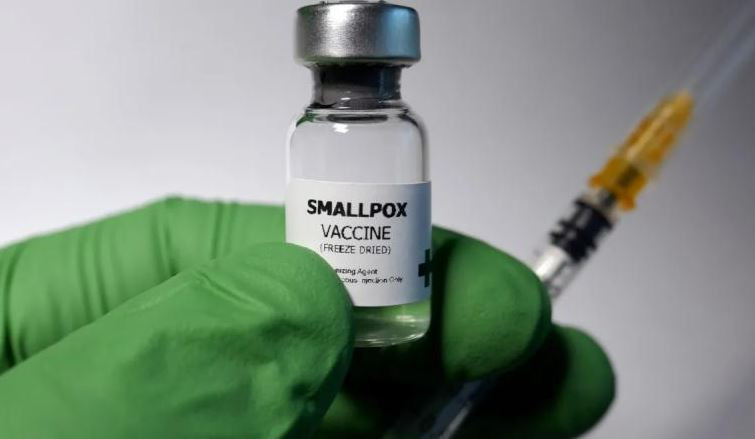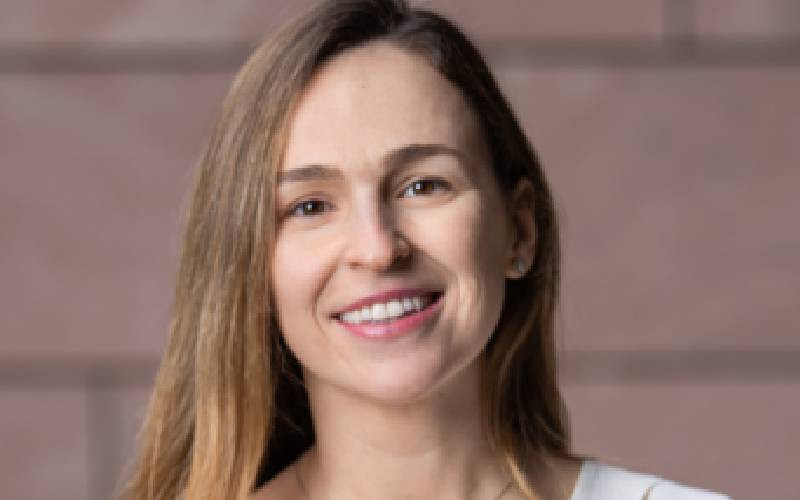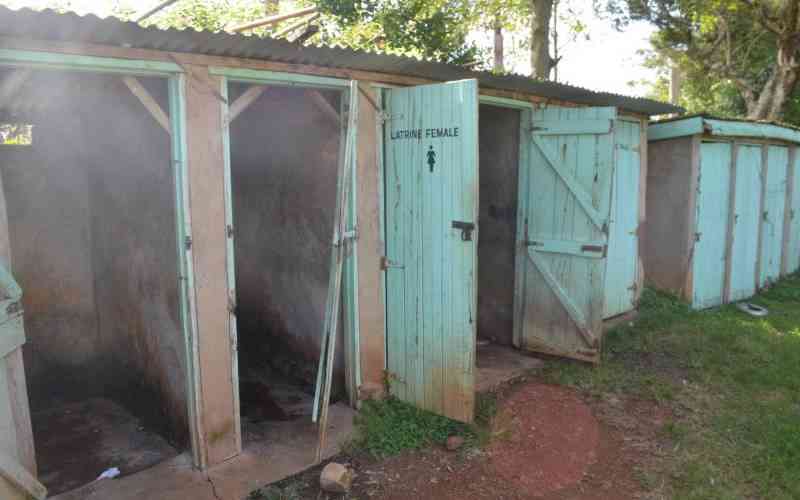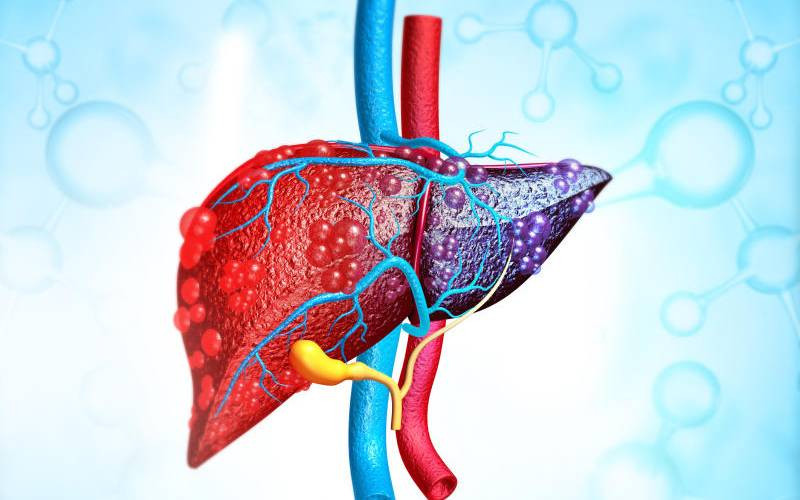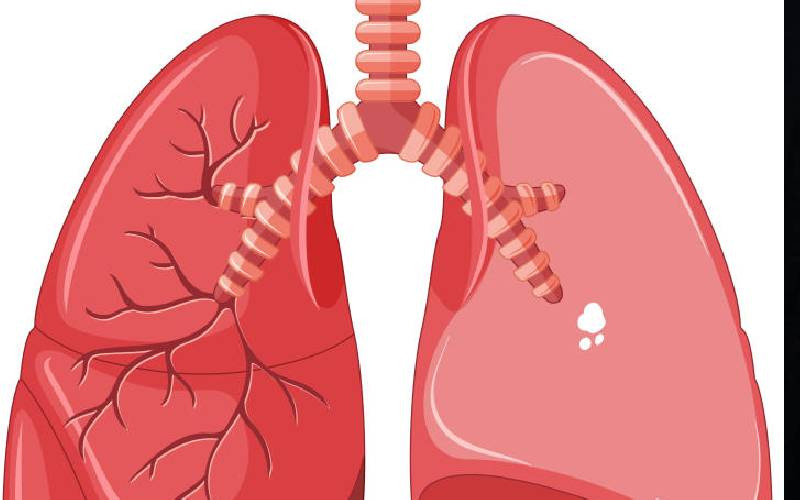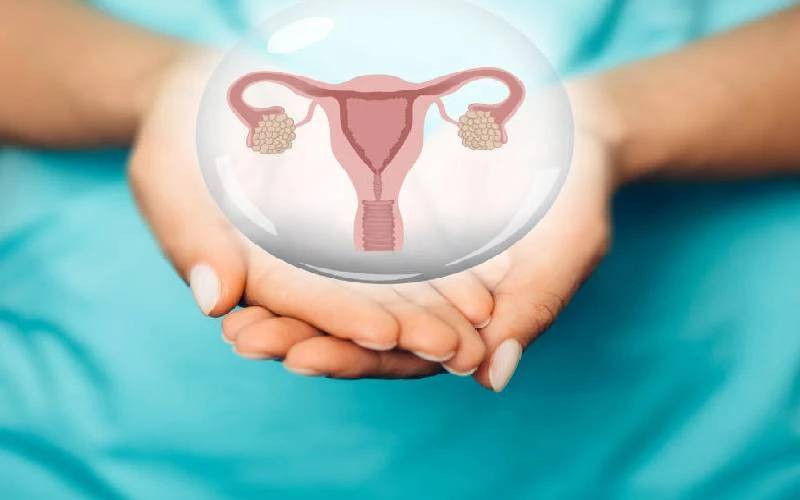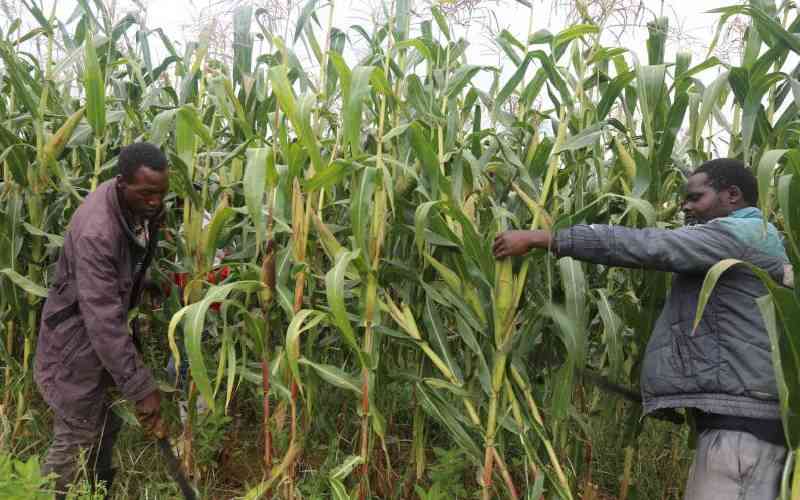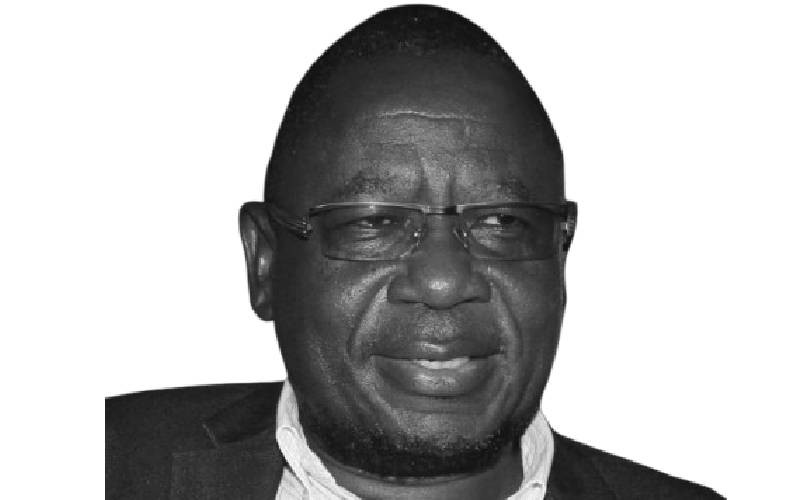
The gender gap in artificial intelligence (AI) is a glaring issue. Globally, only 22 per cent of AI professionals are women. This imbalance has serious implications, particularly in fields, such as public health, where AI is increasingly being used to drive decisions. When the voices shaping the data are predominantly male, the algorithms they create are often unintentionally biased. These biases lead to policies and systems that fail to adequately consider the needs of half the population—women.
In Kenya, the challenge is even more pronounced. Girls and young women, especially in rural areas, have little access to training programmes in AI or data science unlike similar girls attending some private high-cost schools in the cities. As a result, their perspectives are missing in key discussions about healthcare, technology, and policy. This lack of diversity is not just a gender issue—it’s a public health issue. When diverse voices are excluded, we miss out on the full range of solutions to our most pressing health challenges, ranging from maternal mortality to disease outbreaks.
Therefore, the ENabling Girls in AI and Growing Expertise (ENGAGE) in Data Science project—was created to address this issue head-on. By focusing on underprivileged girls and young women in rural Kenya, the ENGAGE project aims to bridge the gender gap in AI while also tackling the health challenges these communities face. Over the next five years, we plan to train 885 girls and young women across three tiers: high school, diploma, and university levels. This approach ensures that participants not only learn AI skills, but also gain the confidence and experience to apply them in meaningful ways.
AI is a powerful tool in public health. It has the potential to revolutionise how we predict, prevent, and manage diseases. But for AI to truly serve all communities, it must be designed and implemented by diverse teams. Women, particularly those from underserved areas, must be part of this equation.
Currently, most AI models are developed by men, and studies show that these models often reflect the unconscious biases of their creators. For instance, research has shown that some AI healthcare tools are less accurate for women or people from minority groups. This happens because the data used to train these systems may not adequately represent these populations.
The ENGAGE project is designed to change this narrative. By training young women in AI and machine learning, we are not just teaching them to code—we are teaching them to critically evaluate data and to build systems that serve their communities equitably. The skills they gain will help address the biases that currently plague AI, ensuring that future public health solutions are more inclusive and effective.
The choice to focus on girls and young women is deliberate. In Kenya, as in many parts of the world, girls are underrepresented in STEM fields, including AI and data science. The reasons are complex and range from socio-cultural norms to lack of access to quality education. But the result is clear: a gender gap that perpetuates inequality and limits the potential of our country to innovate and grow.
- How AI is solving major healthcare challenges in Africa
Keep Reading
Through ENGAGE, we aim to reverse this trend. We are targeting girls with a strong aptitude in maths, especially those from rural areas who would otherwise have little opportunity to explore fields, such as AI. These girls will receive training in AI, public health, and data science. They will also participate in internships and capstone projects that allow them to apply what they’ve learned in real-world public health challenges.
One personal experience stands out from our inception visits to regional universities. At Pwani University, we met a young girl from a coastal village who had never used a computer before. Through ENGAGE, she is now learning to write code, analyze health data, and develop solutions that could improve healthcare in her own community. Her story is just one example of how the project is opening doors for girls who would otherwise be left behind. The ENGAGE project is not just about technical training. It is absence of a narrow segment of the population. By training young women in AI, we are broadening the scope of what AI can achieve.
Prof Oyugi is Principal Investigator and Director at the University of Nairobi’s Institute of Tropical & Infectious Diseases
 The Standard Group Plc is a multi-media organization with investments in media platforms spanning newspaper print
operations, television, radio broadcasting, digital and online services. The Standard Group is recognized as a
leading multi-media house in Kenya with a key influence in matters of national and international interest.
The Standard Group Plc is a multi-media organization with investments in media platforms spanning newspaper print
operations, television, radio broadcasting, digital and online services. The Standard Group is recognized as a
leading multi-media house in Kenya with a key influence in matters of national and international interest.

